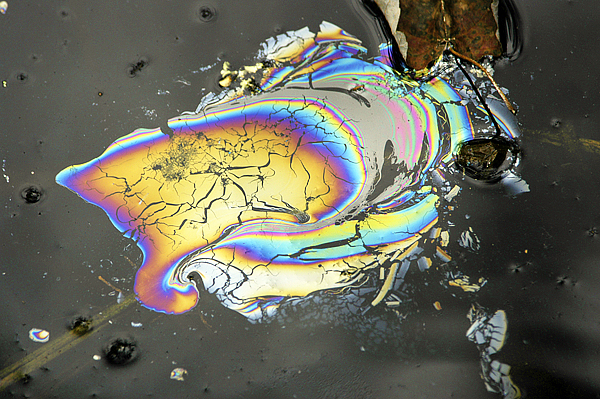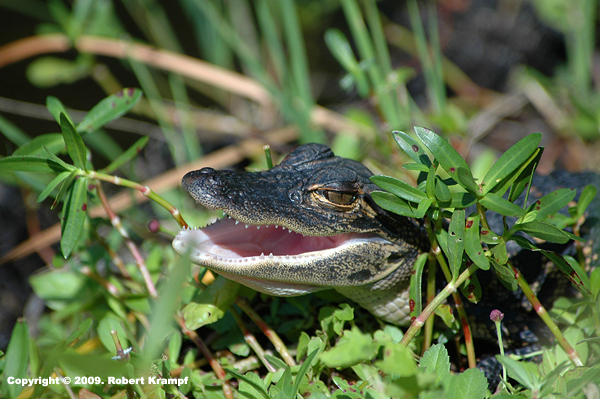
Because I post so many science photos, I get quite a few questions about photography. Some want to know what camera I use (Nikon D7000) or what editing software I use (Photoshop and Lightroom), but probably the most common questions is, "How do you manage to find so many things to photograph?"
When I first got my camera, I decided that the best way to learn photography was to take photos. I set myself a goal of taking at least 100 photographs every day. Because I use a digital camera, it doesn't cost anything to take LOTS of photos, and I thought that the more I used the camera, the faster I would learn.
What I did not expect was that it would also teach me how to look for things to photograph. At first, it was hard to find 100 things to photograph. Yes, I could have picked one flower and taken 100 photos of it each day (which can be a VERY interesting study), but I wanted to photograph different things. I looked for clouds, birds, trees, flowers, insects, and rocks.
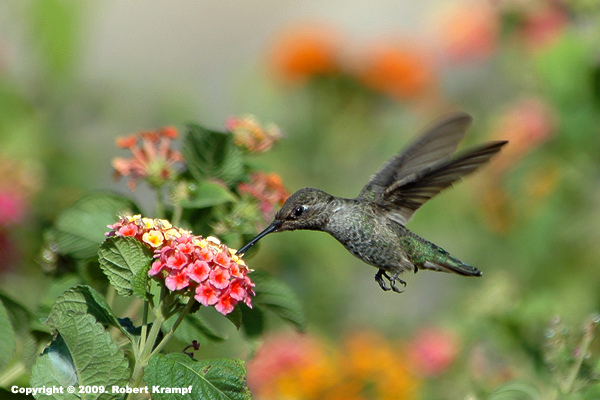
I find that photography makes me look at the world from a different viewpoint. When I have my camera with me, I tend to walk slower, and notice much more of what is happening around me. A short trail that I could easily hike in 30 minutes will often take several hours if I have my camera. It takes longer because I see so much more. Every few feet I see some new, marvelous thing to explore. When I stop to photograph a flower, I suddenly see the aphids on its stem, and the ants that are interacting with the aphids, and the lizard that is creeping up on the ants, and the deformation of the lizard's tail that indicates it has lost its tail, and is now regrowing it. The more I photograph, the more I see to photograph.

I particularly enjoy photographing birds. Part of it is the challenge of the hunt. I have never hunted with a gun, but the excitement of carefully stalking a bird to get close enough for a good shot is probably similar to what hunters feel. In fact, many hunters become wildlife photographers to get that same challenge when it is not hunting season. Hunting with a camera can be even more challenging than hunting with a gun, because you don't just want to shoot a photograph. Instead, you want to shoot a GOOD photograph, which means catching the subject in a good location, in a good position, with good lighting, and the proper setting on your camera.
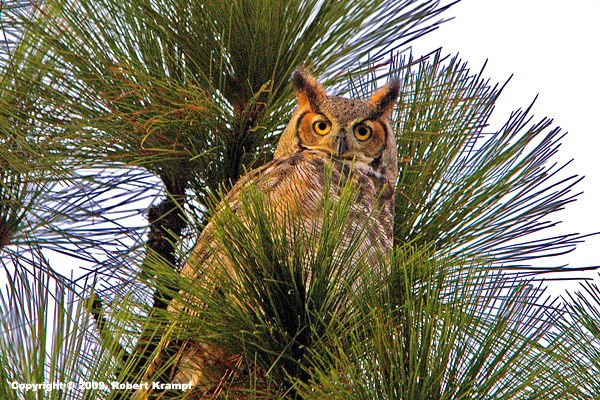
Once I started photographing birds, I threw away my life list. A life list is the list of all the birds you have ever seen in the wild. I started all over with a photography life list. Just seeing a bird is not enough to add it to my list. I have to get a photo of it that is good enough to identify the bird before I can add it to the list. That makes even common birds an exciting challenge. Photography also makes it easier to identify things. A series of photographs of a plant, insect, etc. can make it much easier to look them up in a field guide or research them on the internet. Remember to take several photos, from different angles if possible. For plants, don't just photograph the flowers. Take photos of the leaves, stem, the entire plant, and the area where it was growing. All of these can help with identification.
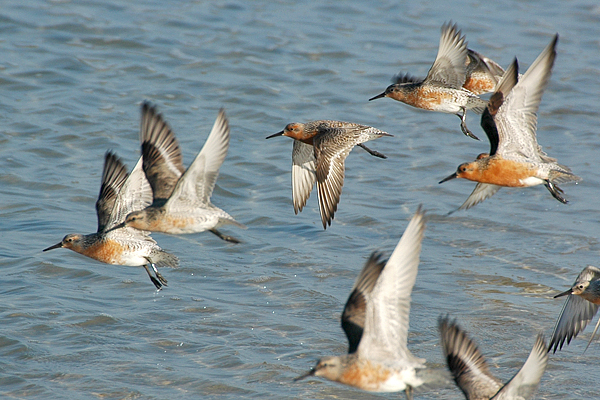
Photographing birds can also teach you about their behavior. You learn to recognize when they are getting ready to fly away or hide in the bushes. That can let you know when to stop and let them settle back down, or it can let you capture the moment they take to the air. While watching for the perfect shot, you really look at the bird. You notice how it moves, how it hunts for food, and how it interacts with other birds.
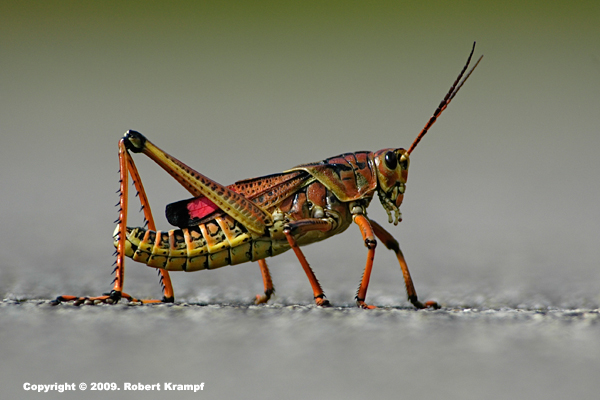
The same is true for insects, reptiles, mammals, and even plants. Photography makes you take the time to really look at them, to really see the amazing things you have been walking past every day. It is a marvelous tool for scientific observation.
To try this yourself, set a goal to take at least 50 photos a day for a week. You don't have to have an expensive camera. Use your cellphone, tablet, or anything else that will take a photo. You will probably be amazed by things that you have been walking past every day without noticing them.
